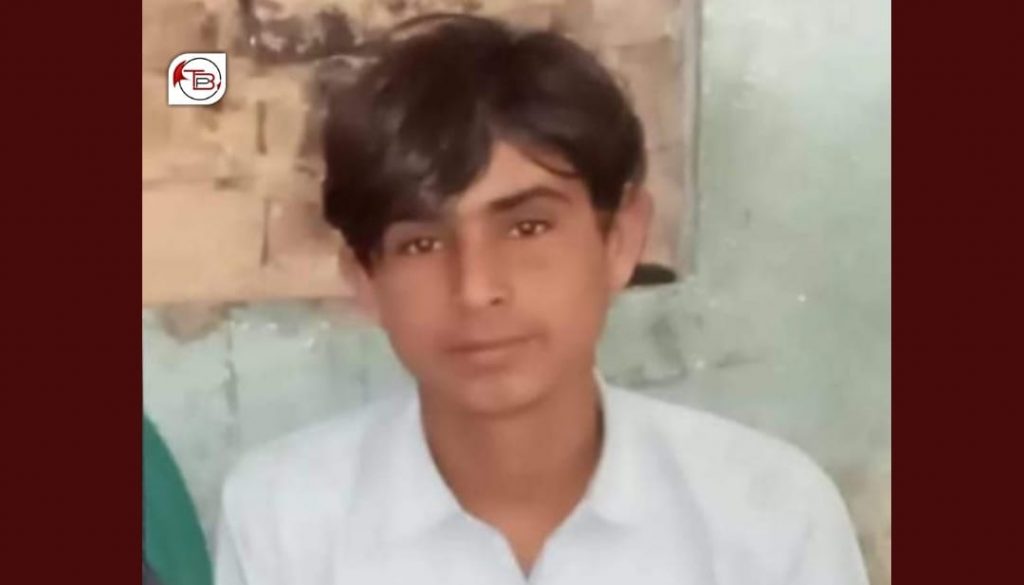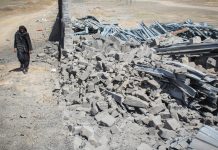The recent surge in suicide cases in Balochistan has raised concerns about mental health and the underlying factors impacting the habitants of the region. Two separate incidents occurring within hours of difference from each other on Tuesday have raised questions among the public about the ongoing crisis.
The first of the two incidents involved a man named Muhammad Hanif, who was found dead at his home in Turbat, Kech district, after hanging himself. Shortly after, a 13-year-old boy named Shahzain tragically took his own life in Sui, a town in the Dera Bugti district. The motives behind both cases remain unclear.

Data collected by The Balochistan Post shows that more than a dozen suicide cases have been reported in Balochistan during the first four months of this year alone. However, the actual number of incidents may be much higher than those reported, due to underreporting. Kech district has the highest number of reported cases, followed by incidents in Panjgur, Gwadar, Hub Chowki, and Dera Bugti.
The accurate assessment of the suicide crisis in Balochistan is hindered by underreporting. Factors contributing to this issue include the lack of government institutions monitoring such incidents and the region’s limited mobile networks and internet access. Consequently, the full extent of the crisis may be obscured, as some families may choose not to disclose incidents due to the social stigma surrounding suicide.
Balochistan faces various challenges, including limited access to education, healthcare, and employment opportunities. The region’s turbulent political landscape, marked by direct and indirect state oppression, further contributes to an atmosphere of unease and insecurity.
Psychology experts associate suicide with factors such as mental stress, depression, traumatic experiences, exposure to conflict, loss of loved ones, unemployment, poverty, and chronic illnesses. Enforced disappearances, extrajudicial killings, and religious extremism in Balochistan have fostered an environment of fear, which may negatively affect residents’ mental health and drive an increase in suicide rates.
The alarming rise in suicide cases in Balochistan underscores the urgent need for addressing various issues. Tackling social deterioration, outdated traditions, religious intolerance, and state oppression is crucial in curbing this crisis. The prevailing atmosphere of fear and constant exposure to distressing news may influence vulnerable individuals, contributing to the escalating suicide rates in Balochistan.






























